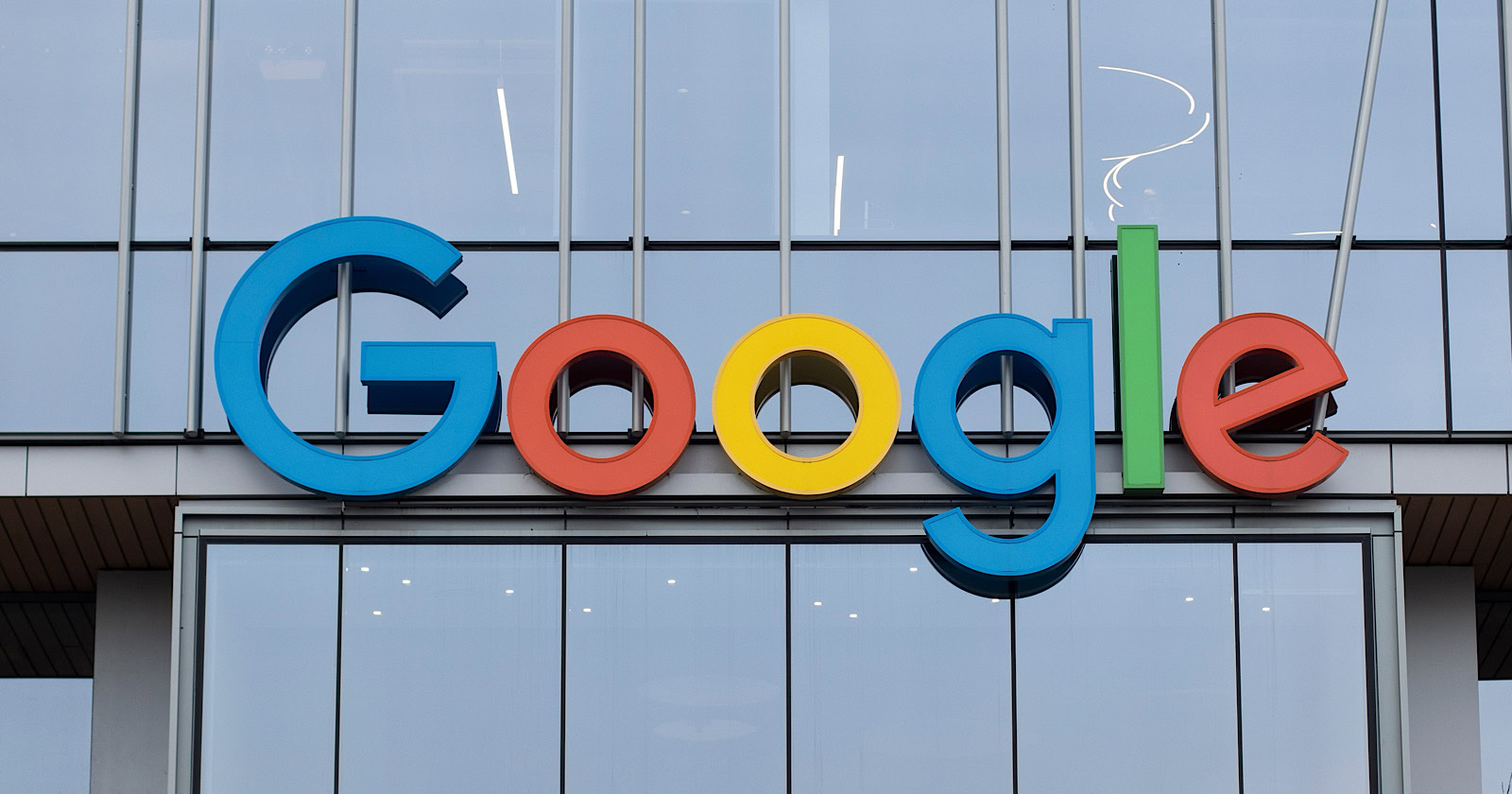Google has launched a new “ad intents” format for its Auto ads program.
This format inserts links and anchors into publishers’ site content to serve contextual ads and search results in dialog boxes.
The ad intents format aims to surface relevant ads and information based on page content and visitor interests.
When visitors click on the dynamically generated links or anchors, an overlay dialog displaying organic search results and associated advertising opens.
Google explains in its support documentation:
“Ad intents works by scanning your pages for opportunities to help your users find something they might be looking for.
Based on your content and what your users may be interested in, ad intents automatically converts existing text on your page into links and places anchors that appear at the bottom of your page.”
The new format offers publishers a revenue-share model for monetizing their content. Website owners get paid whenever a visitor clicks on an ad displayed in the ad intents dialog boxes.
The expansion of ad intents aligns with Google’s broader strategic shift towards deploying more privacy-safe ad targeting technologies as it phases out support for third-party cookies.
Google touts the new format as serving “highly relevant ads that don’t rely on third-party cookies.”
Enabling Ad Intents
The ad intents functionality is opt-in for Google AdSense publishers.
You can toggle the setting in the AdSense dashboard under “Auto ads” > “Intent-driven formats.”
Publishers can enable or disable the “ad intent links” or “ad intent anchors” separately.
To implement the new ad units, you must accept Google’s updated terms of service and policies.
Backlash & Criticism
While touted as a way to increase publisher earnings, Google’s announcement of ad intents has drawn backlash from some corners of the publisher community over fears it could divert traffic from their websites.
On X (formerly Twitter), user @darth_na states:
“It’s not enough that you steal traffic from sites in the SERPs, you are now intent on stealing actual site visitors, and directing them back to Google?”
Responding to the concerns, Google Ads Liaison Ginny Marvin emphasized that ad intents is an optional program and that dialog boxes close, leaving visitors on the original publisher page.
This new format is opt-in and entirely optional for publishers.
Publishers can opt in to ad intent links which converts existing text on their page into links.
There's also an option to use ad intent anchors which place anchors at the bottom of your page.
When a user closes an…
— AdsLiaison (@adsliaison) April 16, 2024
The new ad intents format is now being implemented on websites with auto ads enabled through Google AdSense.
Why We Care
The ad intents format is new monetization opportunity for websites that have implemented Google’s Auto ads.
Ad intents could help publishers earn more revenue than traditional contextual ad placements by tapping visitor intent signals from page content.
However, inserting sponsored links and anchors into publisher content raises questions about editorial control and user experience issues, such as excessive ad obstruction.
The new format is notable because Google is shifting towards more privacy-centric targeting as it moves away from cross-site tracking cookies.
How This Can Help You
Website publishers should evaluate whether enabling ad intents makes sense for their traffic, content, and monetization strategies.
While the new format offers potential revenue upsides, balancing those benefits against maintaining high editorial standards is important.
It will be important to assess whether the targeting aligns with your ideal audience intent signals.
Featured Image: Tada Images/Shutterstock





![AI Overviews: We Reverse-Engineered Them So You Don't Have To [+ What You Need To Do Next]](https://www.searchenginejournal.com/wp-content/uploads/2025/04/sidebar1x-455.png)